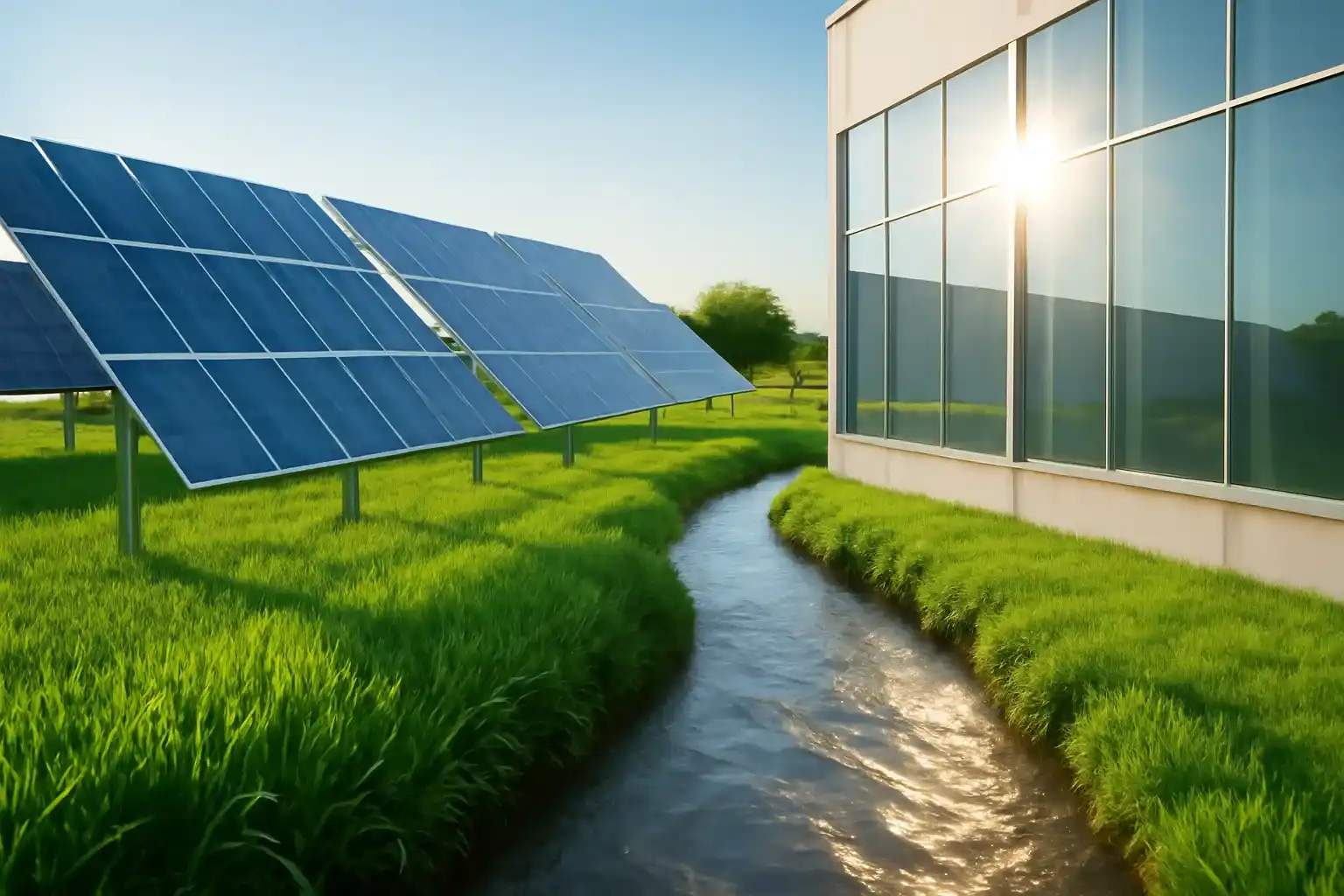Automotive Intercooler Market- Scale up the Thrill of Driving

Global warming is the major factor that is endangering the environment and human health, jeopardizing national security, and threatning other basic human needs. Record high temperatures, rising sea levels, and severe flooding and droughts have already become common catastrophic events, causing chaos across the globe. As a result, there have been growing concerns regarding environmental sustainbilty while reducing greenhouse gas emissions. According to the World Health Organization (WHO) 2016 report, air pollution is estimated to contribute toward 7 million premature deaths every year, with 92 per cent of the global population is estimated to breathe toxic air quality. Also, in financial terms, premature deaths due to air pollution cost about US$5 trillion in welfare losses worldwide. Moreover, some places/regions have air pollution levels that are several times higher than those considered safe by the WHO Air Quality guidelines.
Global transportation sector, which includes cars, trucks, trains, planes, freight, and ships, is one of the biggest sources of global warming. Governments as well as global organizations have set targets to reduce the carbon footprint by incorporating advanced technologies across various industries. A greenhouse gas emissions target refers to the emission reduction levels that countries set out to achieve by a specified time. In 2019, the UK government announced its target to cut the country’s greenhouse gas emissions to almost zero by 2050 to tackle climate change. In the United States, as of 2019, 23 states and the District of Columbia have implemented statewide greenhouse gas emission target to reduce emissions 26 to 28 per cent below 2005 levels by 2025.
Across the transportation sector, stringent vehicle emission regulations have also been implemented in the past and have been constantly reviewed in order to achieve these set targets. In European Union (EU) region, for instance, regulation (EC) 443/2009 set mandatory emission reduction targets for new cars. On April 17, 2019, the European Parliament and the Council adopted Regulation (EC) 2019/631 which introduces CO2 emission performance standards for new vans and new passenger cars for 2025 and 2030. This new Regulation replaced and repealed Regulation (EC) 443/2009 and came in effective from January 1, 2020.
With stringent vehicle emission regulations being implemented across different economies, auto manufacturers are using various technologies to reduce the vehicle’s fuel combustion level. Automotive intercoolers are among one of those technologies that have been used in vehicles to reduce vehicle emissions. These are mechanical devices which are required in a vehicle for cooling down gases after compression. These intercoolers perform the function of heat exchangers and are primarily used in vehicles equipped with turbocharged and supercharged engines. As the oxygen content in the air increases with the rise in air density caused by intercooler, the ability of air to accommodate more fuel increases. This helps to ensure better fuel combustion which, in turn, results in reduced vehicle emission content.
The chart below depicts the market size of the global automotive intercooler market for the year 2019 and 2025:
Global Automotive Intercooler Market, Forecasts From 2019 to 2025,
In US$ Billion
.png)
Source: Knowledge Sourcing Intelligence Estimates
According to the Knowledge Sourcing Intelligence analysis, the global automotive intercooler market is poised to grow at a CAGR of 8.77% between 2020 and 2025. Growing middle class population has boosted the sales of passenger cars, especially in developing economies. With vehicle emission standards getting stricter, the demand for automotive intercooler is augmenting across the global automotive industry. Another factor that is driving the global automotive intercooler market growth is the booming logistics industry. As the number of online retail transactions have been growing at a speedy rate, the growing e-commerce sector is also surging the demand for light commercial vehicles to make timely deliveries to their customers. This, in turn, is spurring the demand for automotive intercooler thereby, driving the overall market growth.
Rise in Global Ev Stock
The rapid shift towards electric vehicles (EVs) is certainly hindering the global automotive intercooler market growth at present. The figure below shows the global BEV (battery electric vehicle) stock for the period 2010-2019:
Global Electric Car Stock, From 2010 to 2019, in Million Units
.png)
Source: IEA (International Energy Agency)
Electrification of vehicles is going to affect many companies involved in the manufacturing of different auto parts and components. Items like oil filters, engine parts, turbos, intercoolers, and other ICE-related products will face declining growth rates since electrically-powered components have fewer moving parts. Although EV segment still holds a very small share in the global automotive sector, this continuous rise in EV stock, supported by favourable government policies and initiatives to ramp up their adoption, will continue to decline the market growth of automotive intercoolers in the coming years.
Impact of COVID-19
The global automotive industry is one of the worst affected industries due to global economic crisis caused by COVID-19 pandemic outbreak. A drastic fall in the global economic activity has reduced the demand for vehicles, both passenger and commercial. On the supply side, temporary shut down of automobile production facilities across different regions/countries due to mandatory lockdowns and social distancing measures have further disrupted the growth of this industry, and is likely to cause annual decline in both production and sale of automobiles. Global auto giants such as Ford, Volkswagen Group, Tesla, Fiat Chrysler, BMW, and General Motors have already suspended production. Furthermore, the coronavirus pandemic has forced to either cancel or postpone major automotive events around the world, including Australian Grand Prix, New York International Auto Show, and 2020 Geneva Motor Show. As the production as well as sale of automobiles are likely to witness a downward-sloping curve in both short- and medium-term, this will also have a negative impact on revenues of companies manufacturing automotive intercoolers and other auto parts.
ABOUT THE AUTHOR:
Anjali Joshi is a senior market research analyst at Knowledge Sourcing Intelligence. She oversees a team of analysts and is known for the quality of market intelligence she delivers to the clients which range from start-ups and Non-profit Organizations to Fortune 500 companies. Anjali’s keen understanding of international business and market dynamics, coupled with her years of experience working in this industry, allows her to analyse current and future trends across both global and clients’ target markets and help them in making informed decisions.
Get in Touch
Interested in this topic? Contact our analysts for more details.
Latest Blogs

Solar Control Window Films Market expected to reach USD 1,224.951 million by 2030
RecentlyTop Companies Leading the Silicon-Based Capacitor Revolution
Recently
The Role of Chemical Blowing Agents in Sustainable Foaming Solutions
Recently
Top 10 Emerging Beverages Set to Dominate the Market in the Coming Years
Recently